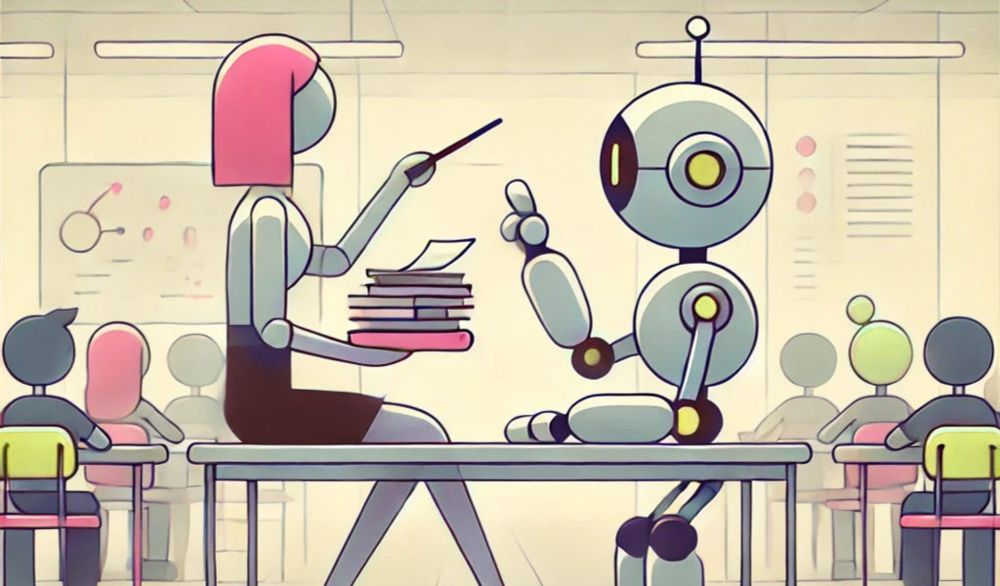
#mindfulai #aiedu #edusky
🎧 Audio versions of readings
📹 Step-by-step video instructions
💬 Chatbots that don’t do the work for students
We tried them all. Here’s what worked →
🔗 mindfulaiedu.substack.com/p/4-simple-a...
#AIEdu #EduSky #AIinEducation #UDL

#mindfulai #aiedu #edusky
open.substack.com/pub/mindfula...

open.substack.com/pub/mindfula...
Start Where It Hurts: Using AI to Tackle Assessment Pain Points
open.substack.com/pub/mindfula...

Start Where It Hurts: Using AI to Tackle Assessment Pain Points
open.substack.com/pub/mindfula...
Sometimes AI isn't about working less—it's about impact per hour invested 💪 🕰️. #EduSky #AIEdu #AIinEducation
mindfulaiedu.substack.com/p/what-happe...

Sometimes AI isn't about working less—it's about impact per hour invested 💪 🕰️. #EduSky #AIEdu #AIinEducation
mindfulaiedu.substack.com/p/what-happe...
AI-assisted grading could lead to speed and scale—if teachers manage it correctly. Explore how AI grading tools are reshaping assessment and what that means for teaching with intention.
🔗 mindfulaiedu.substack.com/p/is-ai-the-...
#EduSky #AIEdu #EdTech

AI-assisted grading could lead to speed and scale—if teachers manage it correctly. Explore how AI grading tools are reshaping assessment and what that means for teaching with intention.
🔗 mindfulaiedu.substack.com/p/is-ai-the-...
#EduSky #AIEdu #EdTech
Three Approaches to Collaborating with AI to Provide Students with Feedback
open.substack.com/pub/mindfula...

mindfulaiedu.substack.com/p/generating...

mindfulaiedu.substack.com/p/myth-vs-re...

mindfulaiedu.substack.com/p/myth-vs-re...
mindfulaiedu.substack.com/p/myth-vs-re...




mindfulaiedu.substack.com/p/myth-vs-re...
Enhancing Feedback with AI: Making Feedback Clearer, More Meaningful, and More Human
open.substack.com/pub/mindfula...

Enhancing Feedback with AI: Making Feedback Clearer, More Meaningful, and More Human
open.substack.com/pub/mindfula...
👉 mindfulaiedu.substack.com/p/going-beyo...
#EduSky #AIEdu #EdTech

👉 mindfulaiedu.substack.com/p/going-beyo...
#EduSky #AIEdu #EdTech

